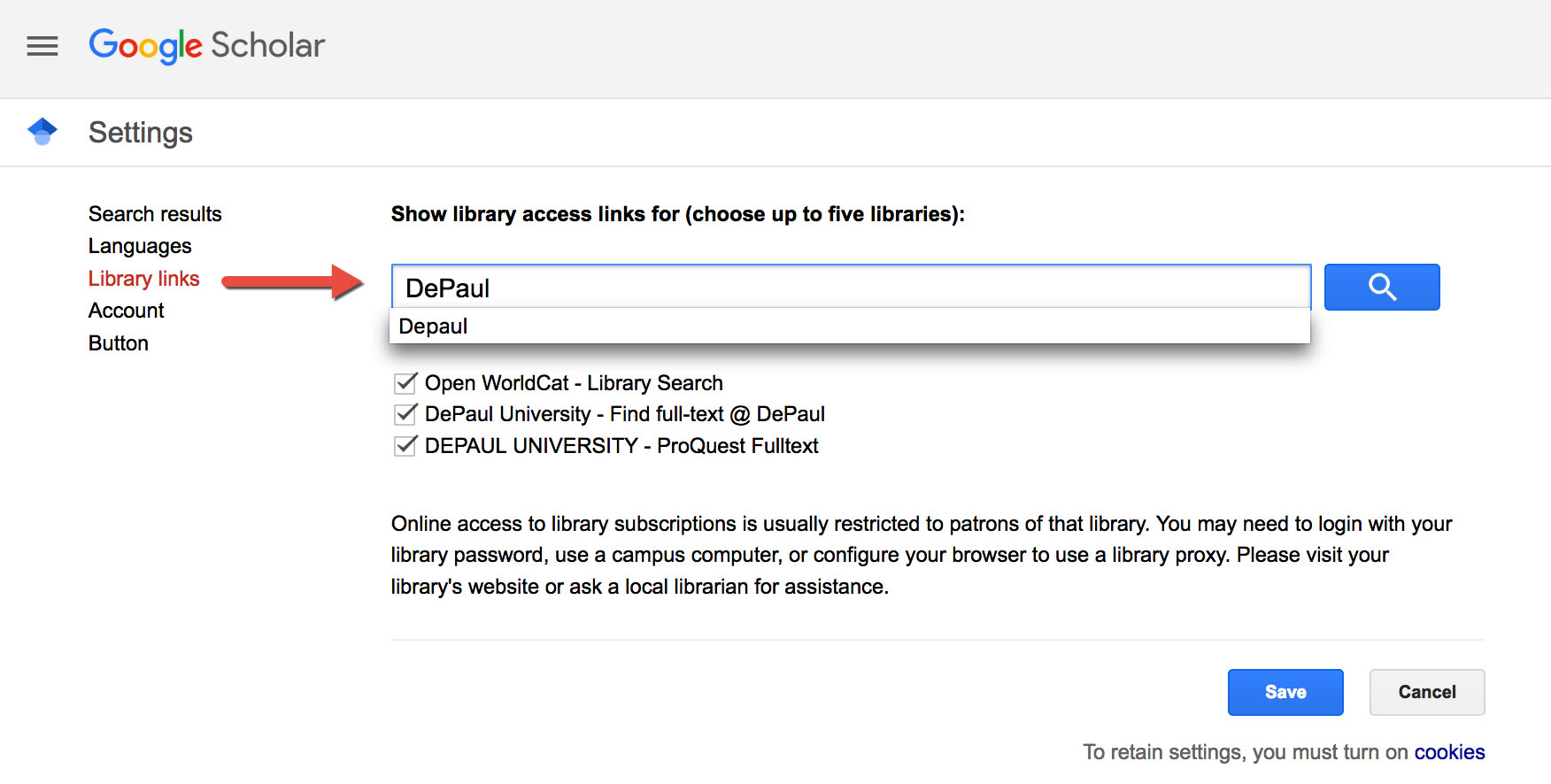Collected from class discussions, workshops, and office hours:
Am I making an argument in my Contextual Analysis?
No. Your method is analysis, not argument. The persuasive part of your project is your analysis of your issue, and what you conclude about it. Helpful prompts:
- What do you notice about the writers’ values?
- What do you notice about the writers’ rhetorical strategies?
- What do you notice about the writers’ proximity to the issue?
- What do you notice about the writers’ ethos and credibility?
One assumption about the contextual analysis method, is that by analyzing and synthesizing (SMH 12f.) these kinds of writers and texts, that you’ll be able to identify and then tell us something new about the issue: “Every wolf in Yellowstone, therefore, is more than just a wolf …”
Can I use images in my contextual analysis essay?
Yes, especially if they support or illustrate your analysis in a way that’s helpful for readers.
I’ll add more here as we proceed.
![]()
Underlying issues that we’ll be visiting and revisiting:
- Stasis: are writers arguing and advocating about the same thing?
- Invention: how to discover what to write about
- Source integration: mechanical and rhetorical — SMH 12
- Exigence: “[a]ny exigence is an imperfection marked by urgency; it is a defect, an obstacle, something waiting to be done, a thing which is other than it should be” (Bitzer)
- When your individual ethos and a public exigence come together
- Moving from writer-based prose to reader-based prose
- Problem solving & time management: your ability [1] to identify a problem, [2] to identify the resources available to you — the Writing Center, your St. Martin’s Handbook, my office hours, each other in class workshops, the Library’s Reference Desk — and [3] to use them in order to solve a problem
- Your Self-Editing Toolkit: reflect along the timeline of our project and writing processes: brainstorming, identifying an issue, drafting, research, more drafting, more research, revising, editing, problem-solving, proofreading. While everyone’s writing process might look different, you should be able to identify your writing strengths and challenges among those process-description markers. Can you?
- How to access Google Scholar full-text articles from residence halls or off-campus — the “Find full text @ DePaul” option: select > Settings > Library links > add DePaul

